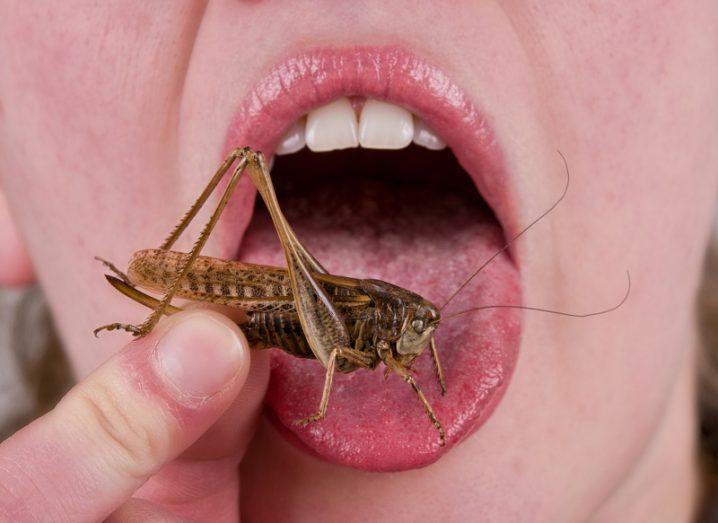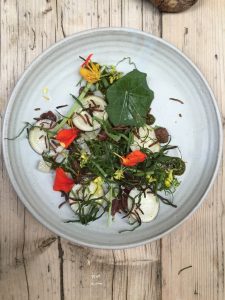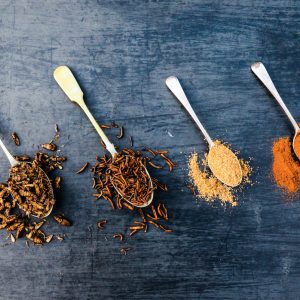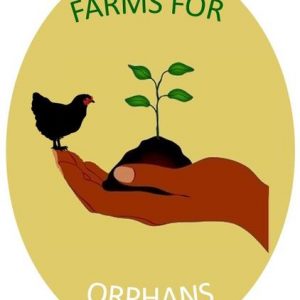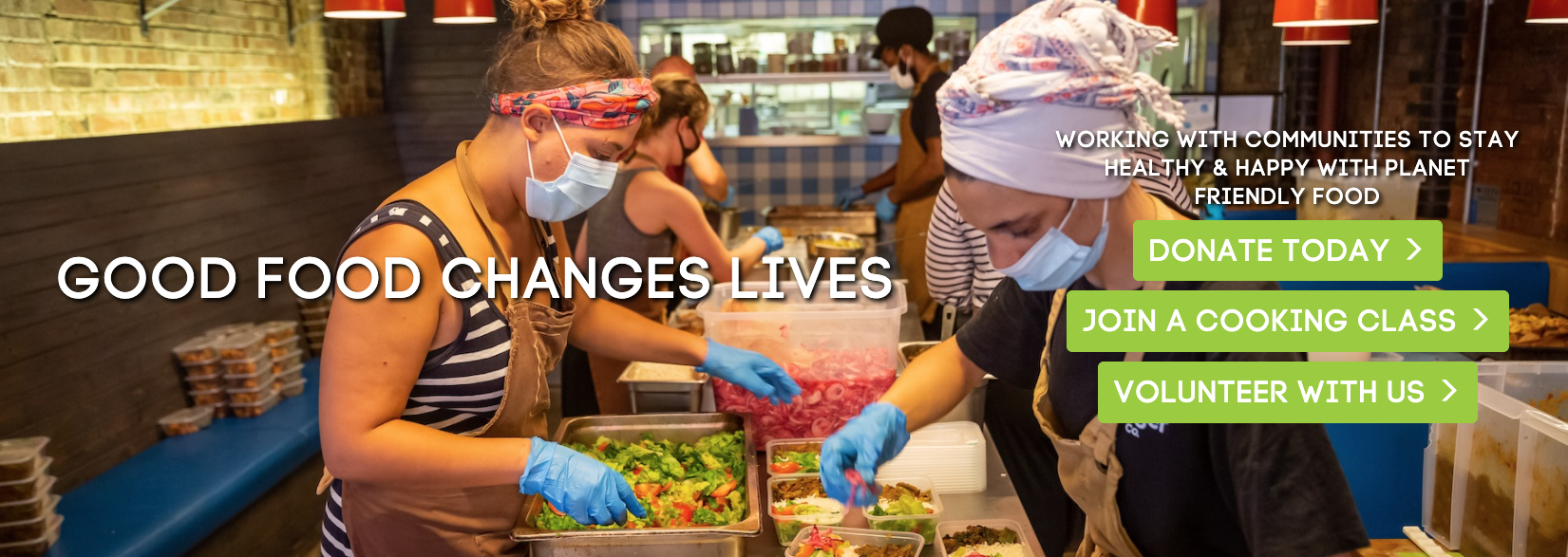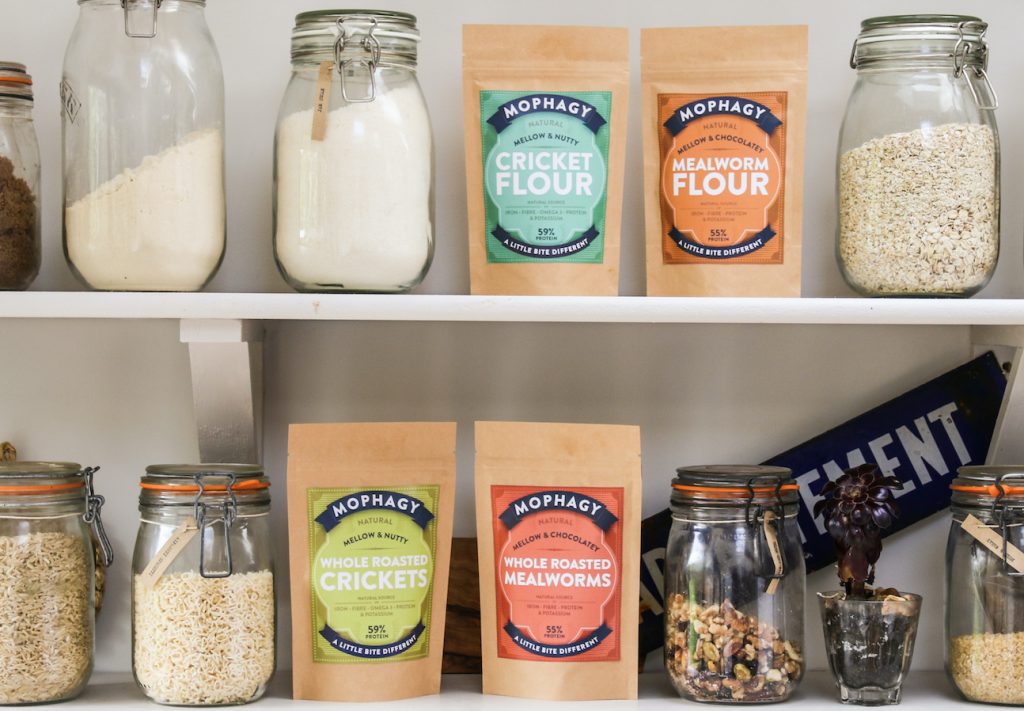 Insects form a regular part of the human diet in many countries across the globe, Witchetty grubs in Australia, locusts in Africa, leafcutter ants in Columbia; they are a recognised source of protein and other key nutrients and can be reared and processed at a fraction of the cost of traditional high protein farming, beef for example with little or no impact on the environment……….a few stats….
Insects form a regular part of the human diet in many countries across the globe, Witchetty grubs in Australia, locusts in Africa, leafcutter ants in Columbia; they are a recognised source of protein and other key nutrients and can be reared and processed at a fraction of the cost of traditional high protein farming, beef for example with little or no impact on the environment……….a few stats….
- The methods of matter assimilation and nutrient transport used by insects make insect cultivation a more efficient method of converting consumed matter into biomass than rearing traditional livestock;
- More than 10 times more plant nutrients are needed to produce one kilogram of meat than one kilogram of insect biomass
- Insects reproduce at a faster rate than beef animals. A female cricket can lay from 1,200 to 1,500 eggs in three to four weeks, while for beef the ratio is four breeding animals for each market animal produced.
When you add greenhouse gas emission, land use and water pollution etc it is easy to see why so many companies are investing in the farming of insects for human consumption and regardless of your point of view there is clearly an untapped potential for insects in the food chain.
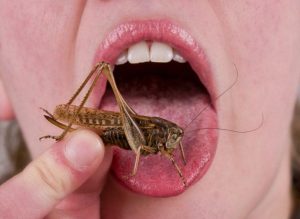 Most of us will remember Noma serving live ants at Claridges a few years ago but apart from the French passion for snails these sort of dishes aren’t popular in the west and the reluctance to accept them means that companies are looking at new ways of delivering the nutritional benefits (other than salt and vinegar flavoured crickets in the pub). This may well be, nutrition bars, weight loss products, shakes and dietary supplements etc. and may be ant lolipops!
Most of us will remember Noma serving live ants at Claridges a few years ago but apart from the French passion for snails these sort of dishes aren’t popular in the west and the reluctance to accept them means that companies are looking at new ways of delivering the nutritional benefits (other than salt and vinegar flavoured crickets in the pub). This may well be, nutrition bars, weight loss products, shakes and dietary supplements etc. and may be ant lolipops!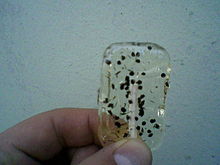
Mycoprotein was originally developed as a feed for cattle in case or global famine during WW2. This never materialised but Rank had spent so much money on the project that they applied for a license to use this for human consumption, after a long legal battle this was finally granted and Quorn is now in every supermarket in the UK.
One of the companies pioneering their consumption here in the UK is Mophagy and I was lucky enough to meet Harry Harrison, one of the co-founders, and get my hands on some samples too. Please Click here to listen to the Harry Harrison interview or to find out more about Mophagy visit their website http://mophagy.com/
Mophagy are also working with Farms for Orphans, a charity helping support orphaned children in the Congo. To find out more about this click here http://mophagy.com/giving-back/ and here http://www.farmsfororphans.org/
 To listen to the #soundbites interview with Harry Harrison please Click here
To listen to the #soundbites interview with Harry Harrison please Click here
Post script: Insects are already present in our everyday foods; Cochineal a type of red food colouring derived from the scale insect, Dactylopius coccus. Not only is this red dye used for food stuffs and beverages, it is also used for cosmetics.

